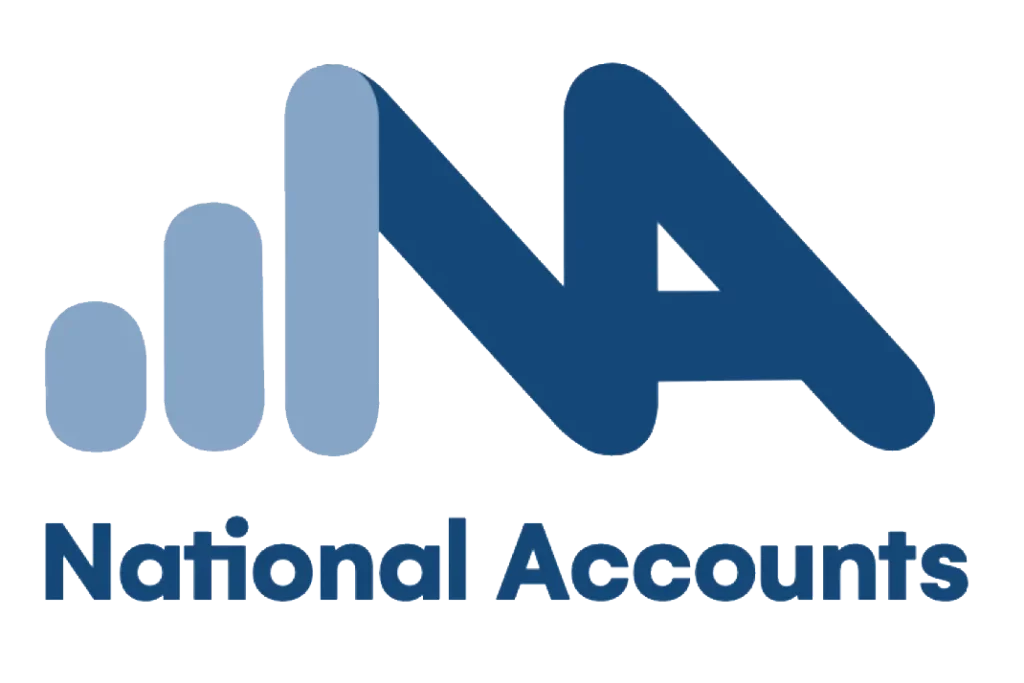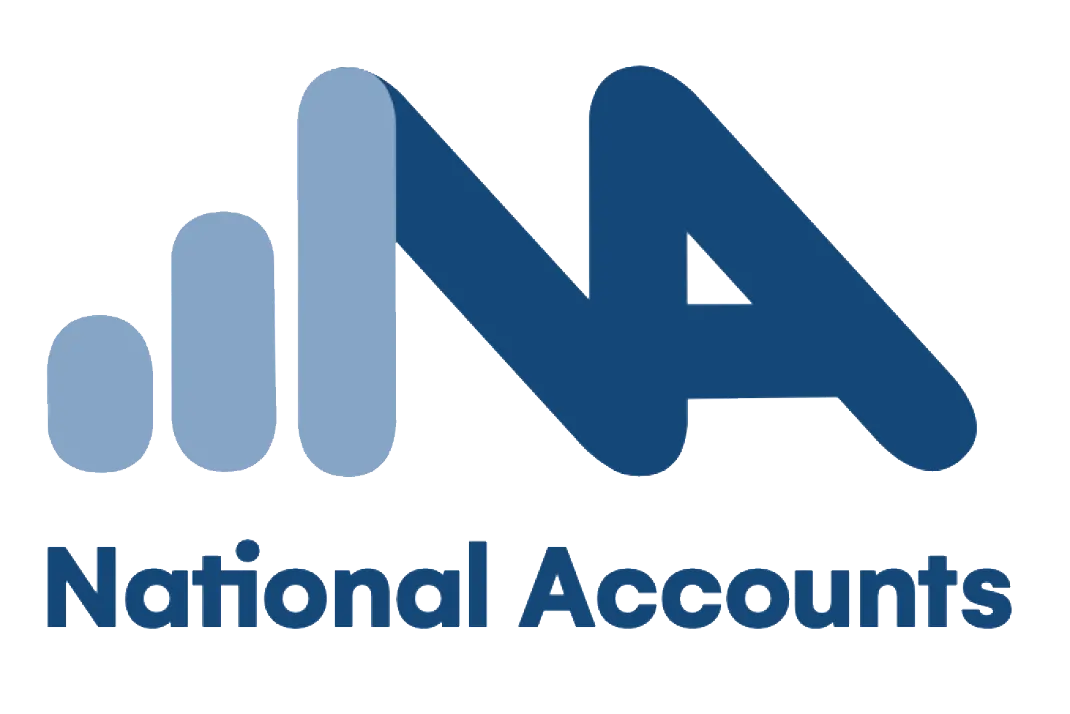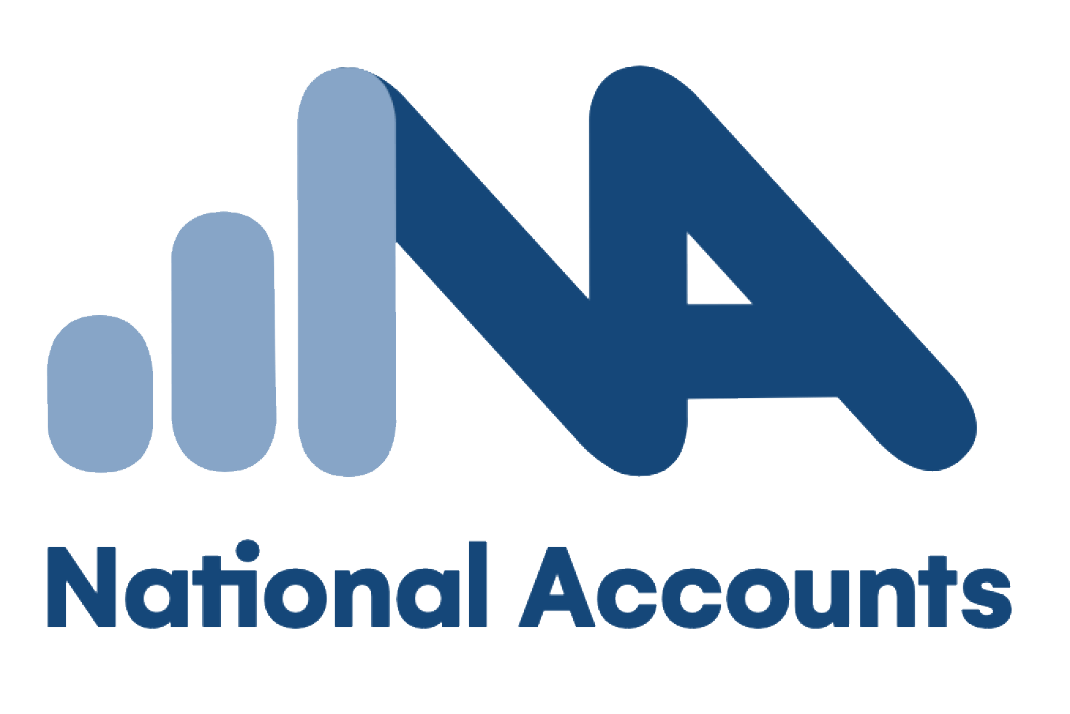A new financial year is an opportunity for individuals and businesses to focus on their tax planning efforts. The better you plan, the easier it is at tax time – for you, and your accountant.
The tax planning process
Tax planning differs from standard tax compliance. While tax compliance involves on lodging your tax return in accordance with ATO requirements and maximising your tax return by making appropriate deductions, tax planning leverages legal strategies to make structured savings. At National Accounts, we use a multifaceted approach to help you reduce reportable income, increase deductions and take advantage of available tax breaks and credits.
Tax Strategies
Where standard tax returns are reactive and focus on the financial year passed, tax planning takes a proactive approach to your tax affairs. By utilising legal tax strategies, we organise your finances in a way that’s most favourable from a tax perspective. These strategies include:
- Postponing income or bringing forward income into the more favourable tax year
- Reviewing debtors and writing off debts
- Paying expenses up front, or deliberately deferring them
- Shifting timings of superannuation contributions
- Distribution of assets between spouses
- Small business restructures
- Sourcing CGT exemptions or reductions
Working with an accountant to effectively shift income and expenses into the most tax efficient structure can save you thousands in tax you’d have otherwise been liable for. A skilled accountant can research several available tax strategies to deliver the best results for you.
Deductible expenses and losses
The first step to effective year-round tax planning is to keep on top of deductible expenses and losses. These form the core of your tax planning strategy and can work to minimise your tax liability by reducing your taxable income. Taking advantage of the instant asset write off facility can allow you to invest in equipment to help your business grow, and reduce your tax liability at the same time.
Tax deductible losses can also be creatively used to minimise your tax bill. Your business structure will dictate how you can use losses to reduce your liabilities, but in many cases carrying forward a tax-deductible loss from a previous income year triggers a greater tax benefit.
Super contributions
Super contributions are an excellent way to minimise your tax liability, as you’re able to allocate up to $25,000 in deductible contributions to your superfund each year. This means reducing your real time tax liability and increasing your retirement savings in the process. There may also be opportunities to make co-contributions to a spouse’s superfund to reduce tax liabilities and make the most of contribution caps.
Understanding contribution caps, concessional and non-concessional contributions and how this works in tandem with other tax strategies can make all the difference at tax time.
Self-managed Superannuation Fund
SMSF members must pay extra attention to tax planning. SMSFs carry a suite of tax benefits when managed effectively, and ensuring you’re on top of all the available tools can be key to your future retirement wealth creation. For expert advice on tax planning for the 20/21 year, reach out to the talented team at National Accounts. We specialise in tax planning for family businesses, SMSFs, sole traders, partnerships, individuals and companies.




